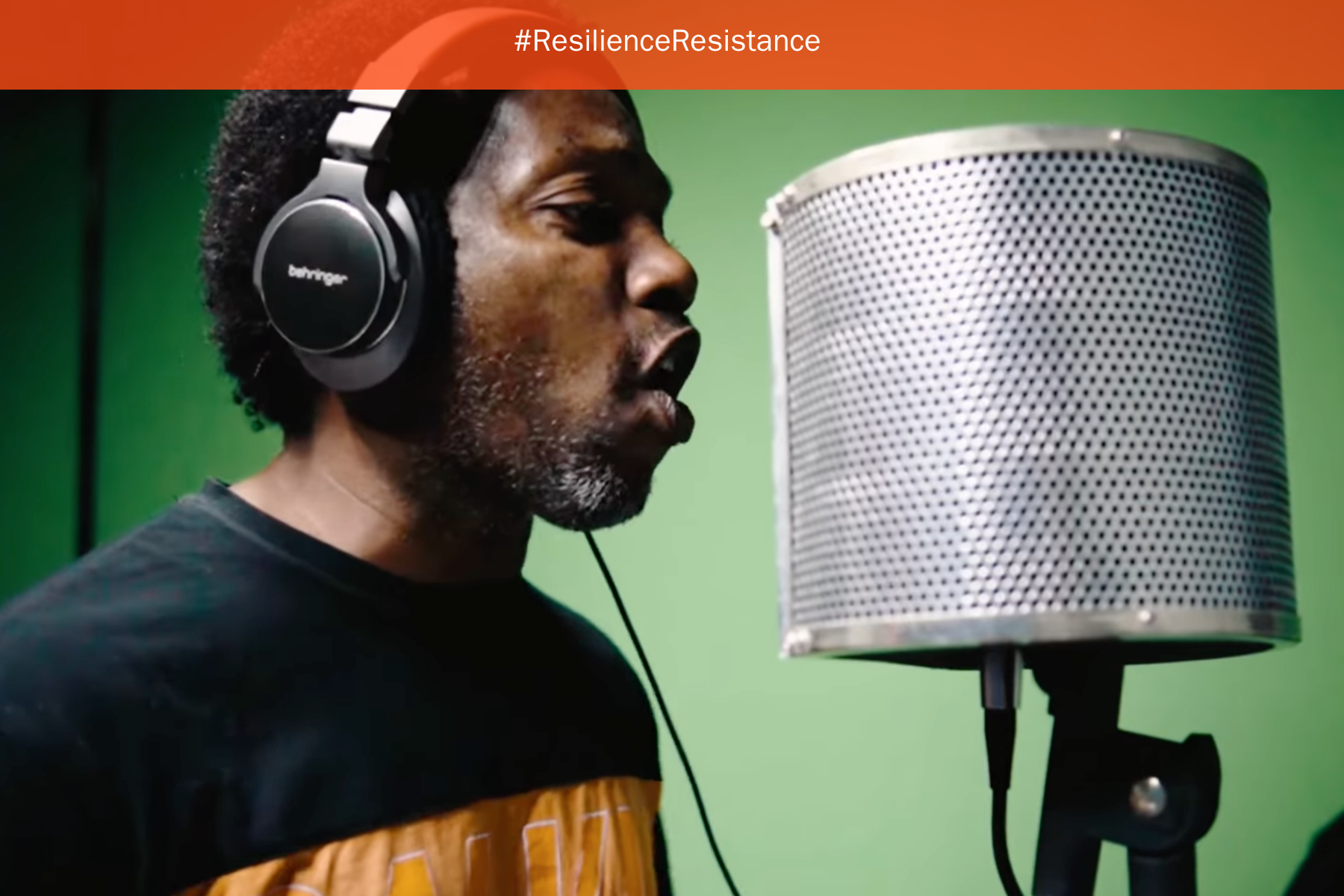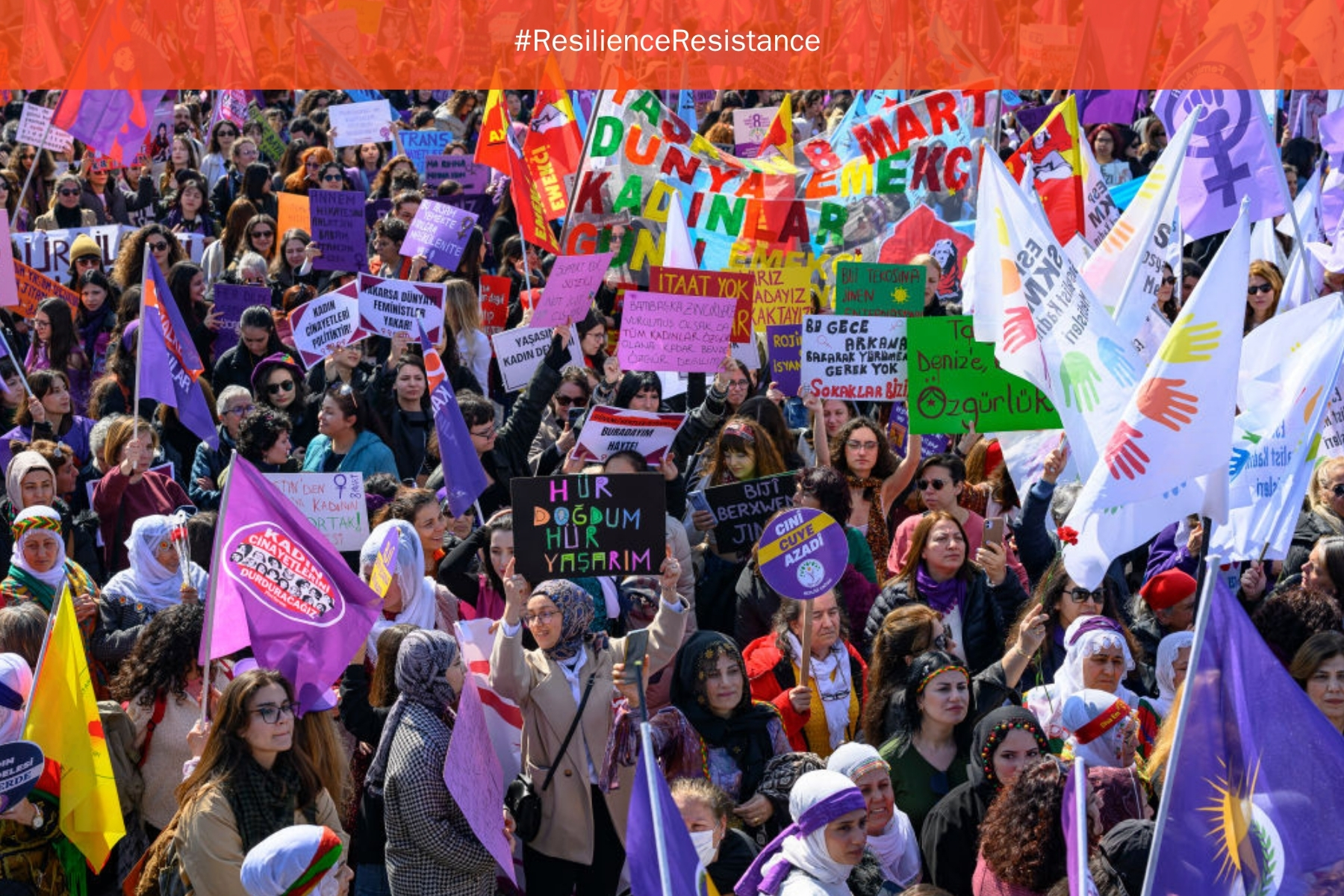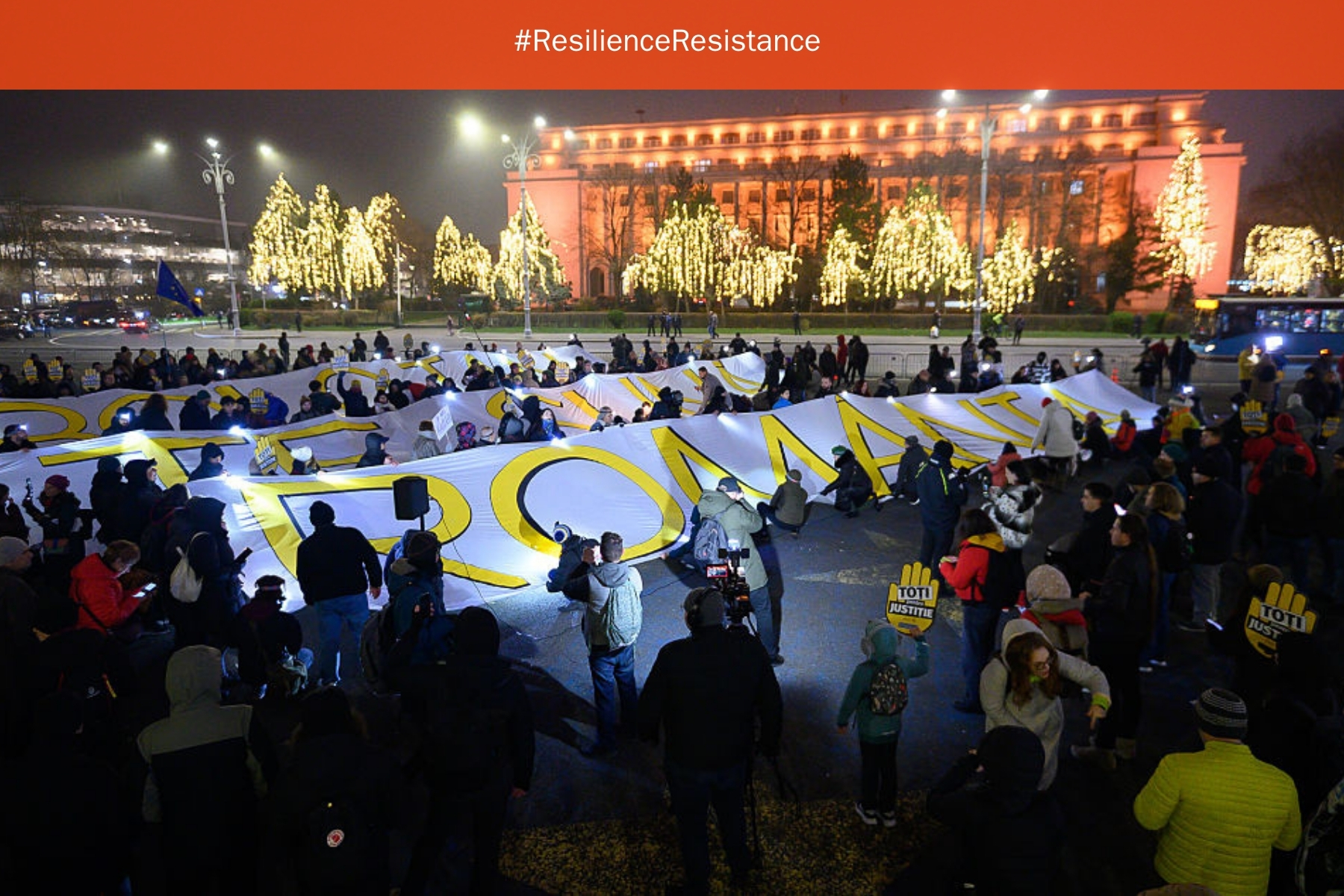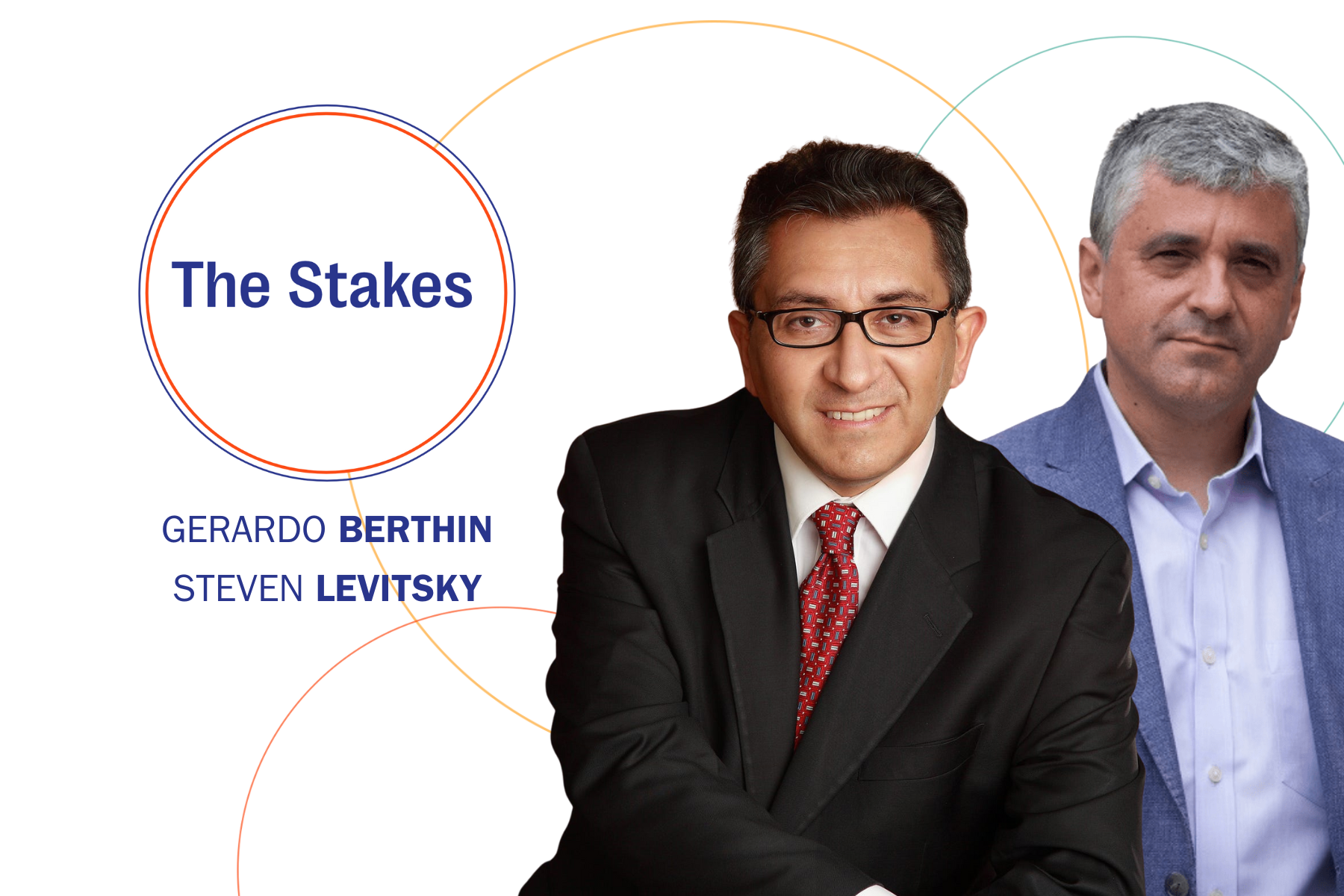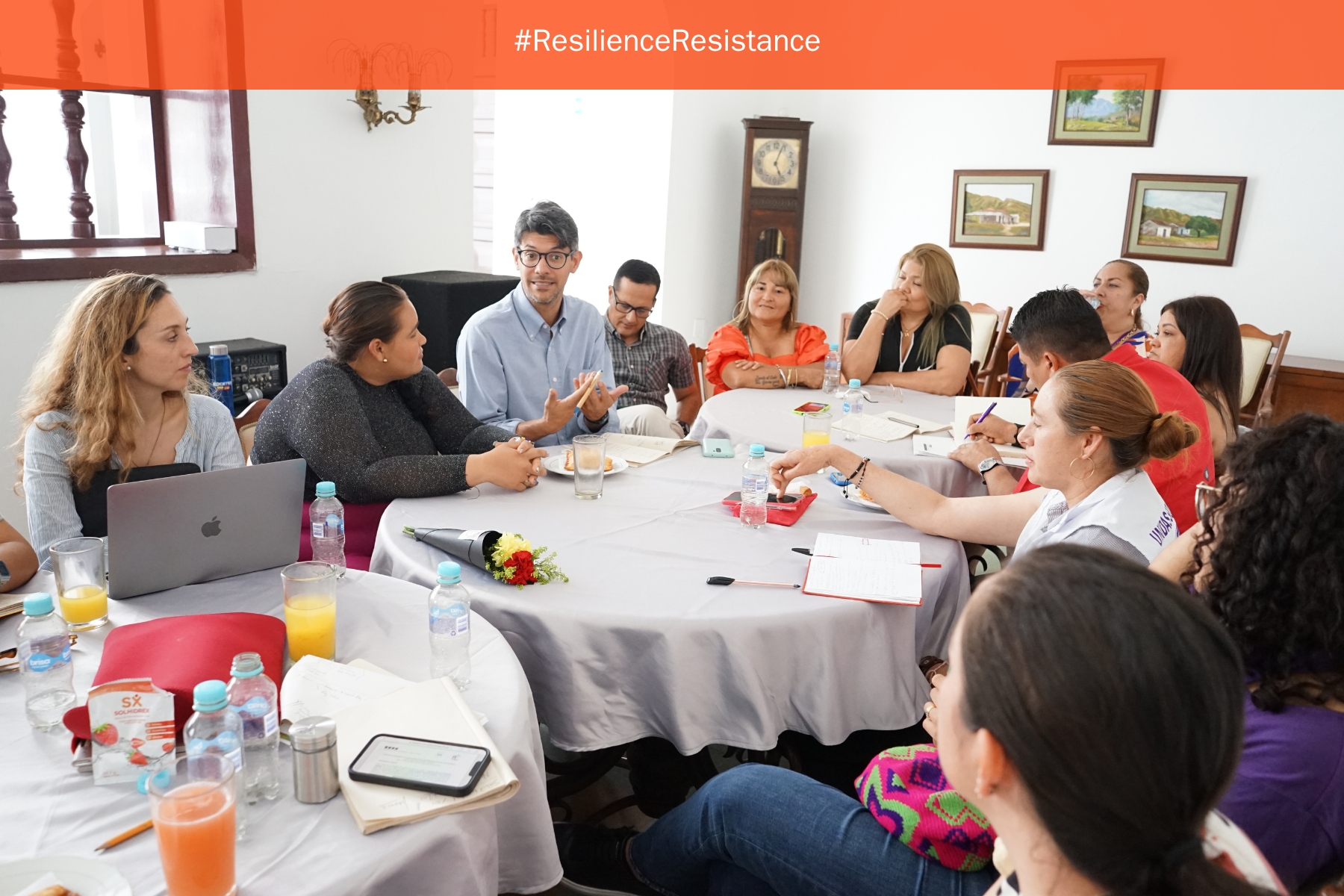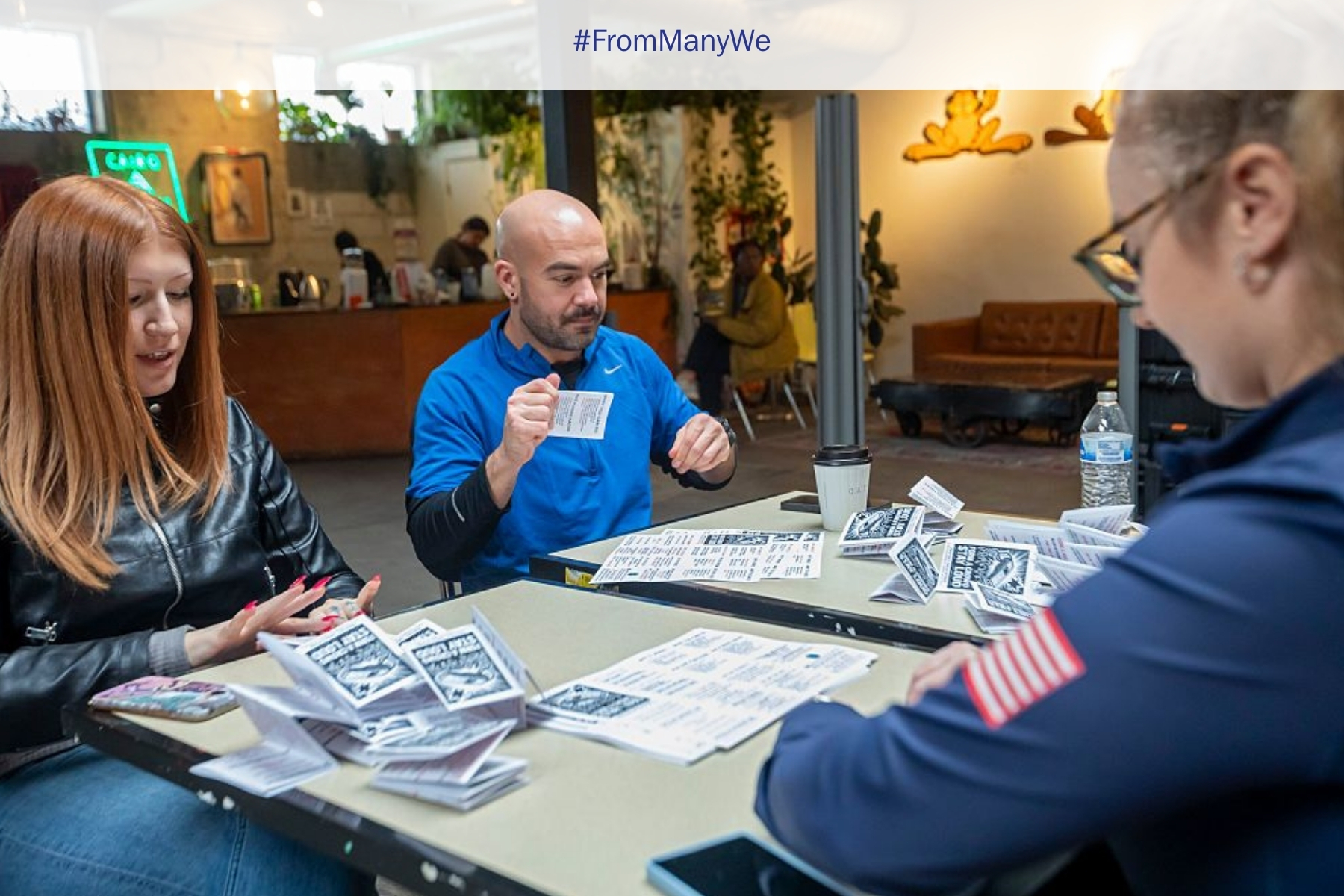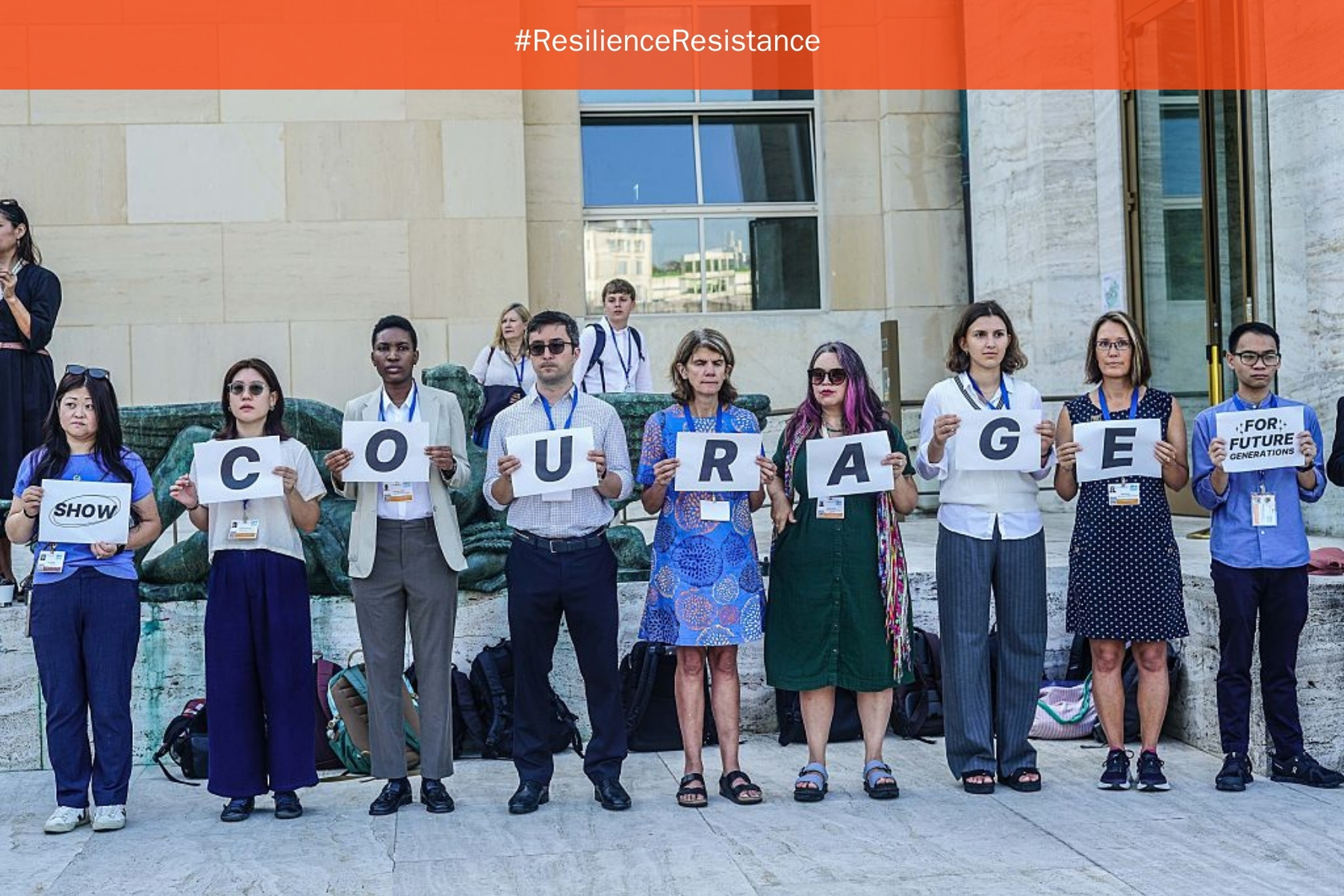Democracy’s Stress Test: Combating Disinformation and External Influence in Romania’s Electoral Process
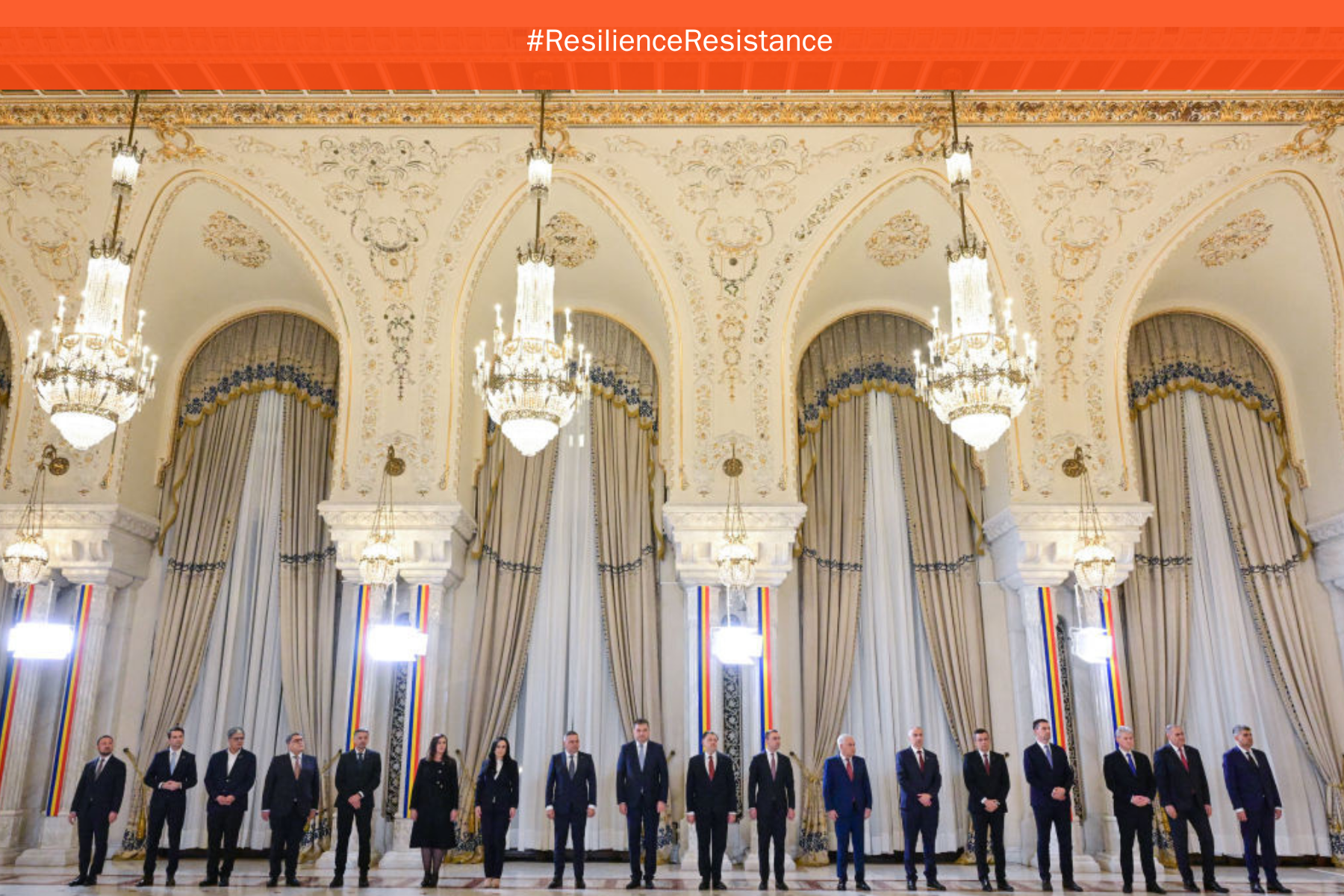
Romania's democratic foundations faced an extraordinary challenge during its 2024–2025 presidential election cycle. The December 2024 vote was annulled after evidence emerged of coordinated online influence campaigns and undisclosed foreign funding that boosted Călin Georgescu, a previously marginal far-right candidate. Both the electoral commission and the constitutional court disqualified Georgescu from participating in the rescheduled elections.
The fallout from this decision intensified political polarization as competing narratives shaped public discourse. While some saw the annulment as a necessary measure to protect democracy from external manipulation, others perceived it as an attempt by the political establishment to suppress opposition. This divide was further exacerbated by international figures who would amplify misleading or outright false claims about electoral fraud and censorship as they weighed in on Romania's election. As the country prepared for the May vote, the spread of disinformation remained a key challenge and raised concerns about whether Romania's democratic institutions could withstand the dual pressures of internal instability and external interference.
Disinformation Trends in the Presidential Campaign
The disinformation surrounding Romania's presidential elections took many forms. False narratives targeted candidates personal and political histories, often emphasizing their positions on divisive issues, such as migration or minority rights, and highlighting corruption allegations. These deceptive stories were propagated through multiple channels—social media platforms, fringe news outlets, and encrypted messaging applications—making them particularly difficult to trace and counter effectively.
Another dimension of the disinformation challenge was its deliberate exploitation of historical and nationalist narratives. Previous campaigns have capitalized on themes of national pride and victimhood, often invoking Romania's Dacian heritage and anti-Western sentiment to frame contemporary issues. This messaging portrays the West, including alliances like NATO and the EU, as existential threats to Romanian sovereignty and cultural identity. The strategic dissemination of these narratives—particularly on platforms like TikTok and Telegram—resonated deeply with specific audiences, especially those disillusioned with traditional politics. This approach not only amplified societal polarization but also fueled skepticism toward democratic processes as it reinforced the notion that Romania is being undermined by external forces.
The External Influence Factor
Statements from US government representatives and other international figures—such as Russian philosopher Alexander Dugin and Kremlin spokesperson Dmitry Peskov—significantly impacted the electoral discourse, sometimes in ways they may not have intended. Even positive endorsements were repurposed into disinformation, with narratives constructed to suggest improper foreign interference or political favoritism. This dynamic became particularly evident with high-profile endorsements, such as those from Elon Musk, who publicly expressed support for the far-right candidate. These endorsements were amplified across social media platforms and were often presented as evidence of a coordinated Western effort to influence Romania's political direction. Musk's public endorsement of Călin Georgescu fueled existing disinformation narratives and amplified the campaign's reach by lending false credibility to a candidate whose platform was largely built on online manipulation. Those comments were widely shared by Georgescu's supporters to reinforce claims that mainstream Romanian institutions were working to suppress a so-called outsider candidate.
Similarly, critical statements from international sources have been weaponized to undermine democratic processes or delegitimize certain candidates. What makes this situation especially concerning is the sophisticated infrastructure supporting these narrative manipulations. Investigations by both public authorities and journalists have revealed networks of coordinated bot accounts, professional troll farms operating both domestically and abroad, and numerous websites with opaque ownership structures that rapidly disseminate and amplify these messages. These operations often display remarkable coordination, with identical talking points appearing simultaneously across multiple platforms within minutes of a triggering event or statement. Analysis of traffic patterns suggests these are not organic discussions but rather orchestrated campaigns designed to create the illusion of widespread public sentiment.
A Path Forward: Building Democratic Resilience
Effectively addressing disinformation requires a comprehensive approach. Media platforms must enhance transparency in their operations, civil society organizations need consistent support, and policymakers must prioritize information integrity throughout electoral processes.
The European Digital Services Act (DSA), which Romania is legally bound to implement as an EU member state, presents a significant opportunity for Romanian authorities to strengthen their response to disinformation. This regulatory framework establishes clear accountability mechanisms for online platforms regarding content moderation and algorithmic transparency. Civil society organizations participating in the rapid response mechanism play a crucial role by flagging disinformation on social media to the signatories of the Code of Practice on Disinformation. While Romanian authorities have access to a clear framework from the EU, the implementation process has been problematic. In drafting national legislation, authorities have omitted certain regulations and reinterpreted the content of the DSA in ways that diverge from its original intent and requirements in the Romanian legislative proposals.
Furthermore, open dialogue with international partners about the potential impact of external statements can minimize risks of misinterpretation or manipulation. The promotion of media literacy across all demographic groups—with particular emphasis on younger citizens—can substantially enhance long-term democratic resilience. Educational programs that specifically address how to recognize coordinated inauthentic behavior online and identify artificially amplified narratives would provide citizens with practical skills for navigating today's complex information environment. The Civic Caravan initiative by Funky Citizens exemplifies this approach as it travels from city to city across Romania. Funky Citizens teaches people how to spot disinformation through various activities including one-day fact-checking marathons, countering disinformation workshops, civic empowerment for youth, disinformation exhibitions, and research-based engagement.
The strength of Romania's democracy depends not only on successfully countering disinformation but also on rebuilding trust in democratic institutions and electoral processes. As external and internal pressures converge, the collective efforts of civil society, independent media, and an informed citizenry remain essential to preserving a vibrant, democratic Romania.
Matei Vrabie is a program manager at Funky Citizens and engages in investigative journalism with Public Record, specializing in combating online disinformation. He was a CFK Global Fellow for Advancing Inclusive Democracies in 2024.
Resilience & Resistance is a Charles F. Kettering Foundation blog series that features the insights of thought leaders and practitioners who are working to expand and support inclusive democracies around the globe. Direct any queries to globalteam@kettering.org.
The views and opinions expressed by contributors to our digital communications are made independent of their affiliation with the Charles F. Kettering Foundation and without the foundation’s warranty of accuracy, authenticity, or completeness. Such statements do not reflect the views and opinions of the foundation which hereby disclaims liability to any party for direct, indirect, implied, punitive, special, incidental, or other consequential damages that may arise in connection with statements made by a contributor during their association with the foundation or independently.

